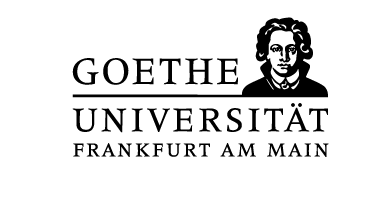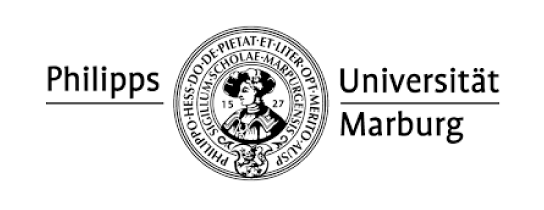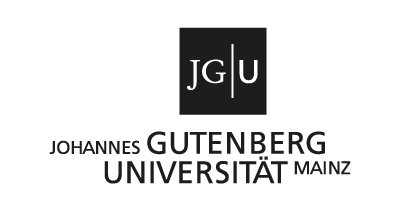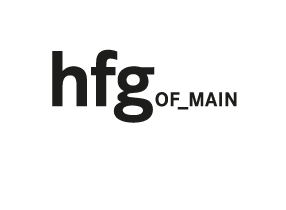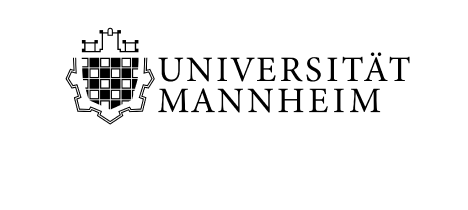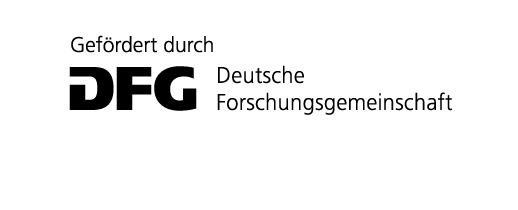Fassbinder Forever – Remembrance and Affective Reputation
Rainer Werner Fassbinder’s filmmaking, 40 years after his death, maintains a presence worldwide, is celebrated and admired. Globally, Exhibitions and retrospective screenings as well as academic research and t-shirt designs are dedicated to him and his work. Furthermore, a variety of publications are available, covering his body of work, autobiographic material and public appearances. Where does the insatiable interest in Fassbinder and his films derive from?
In an epitaph on Fassbinder, Günter Rohrbach takes comfort in the notion, that directors do not die, as long as their films are alive.[1] Contrary to this, my research thesis states, that films do not die, as long as the reputation of their director is alive. Without doubt, Fassbinder is part of the collective memory as German director. However, not alone thanks to his oeuvre, but rather by what is said, written and shown about him as a person and artist: his reputation. What does the notion of reputation entail? How is a reputation built and what influence do affects have on the affiliation of an artist’s relevance and accordingly to that of his work? How did Fassbinder contribute to the establishment of his affective reputation? And “How is One to Live if One Doesn’t Want to Die?”[2]
[1] Günther Rohrbach, “„Ich will doch nur …“. Zum Tod von Rainer Werner Fassbinder,” in In guter Gesellschaft. Texte über Film und Fernsehen, hrsg. von Hans Helmut Prinzler (Berlin: Bertz+Fischer). Deutsche Filmakademie e.V., 1982 / 2008), 300.
[2] Rainer Werner Fassbinder, “Wie soll man leben, wenn man nicht sterben will,” in Berlin Alexanderplatz (Deutschland: 1980).
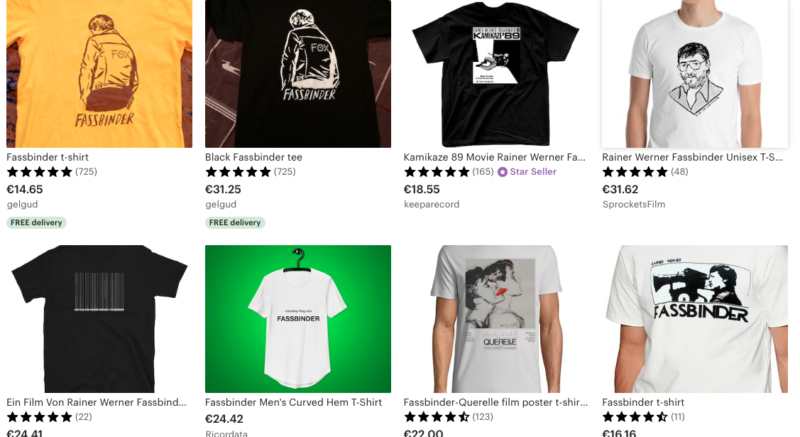
Profile
Anna Bell studied Political Science with a minor in Media and Communication Studies at University of Mannheim and Umeå University, Sweden as well as Film Culture: Archiving, Programming, Presentation at Goethe University Frankfurt. Since 2014 she has been working in the program departments of various film festivals. Her research interests include archival and memory studies, as well as queer and affect theory.
bell[at]tfm.uni-frankfurt.de
